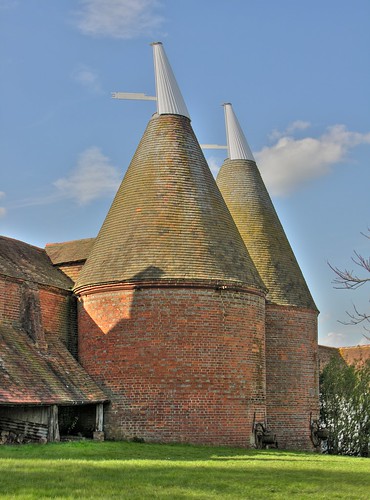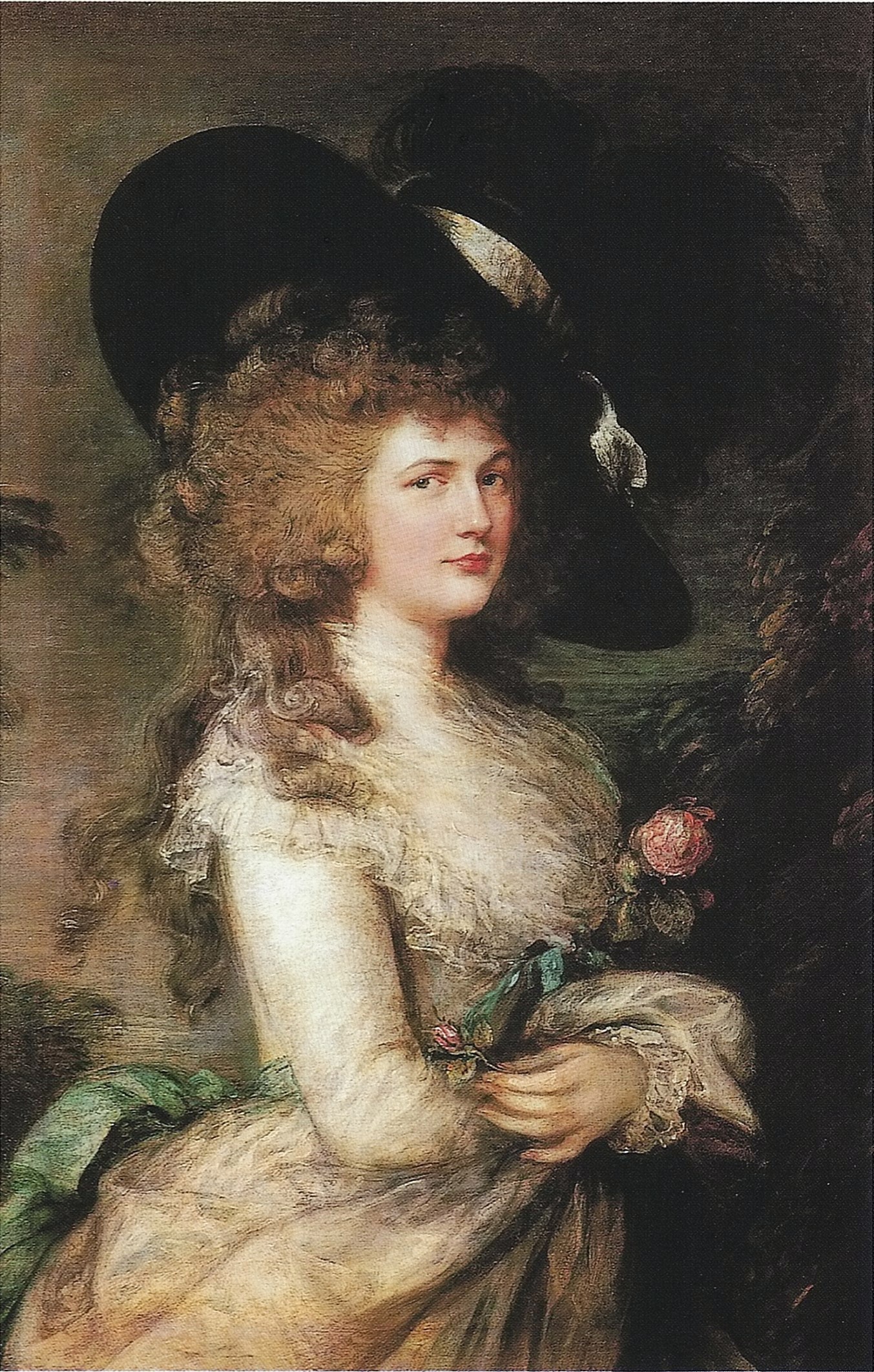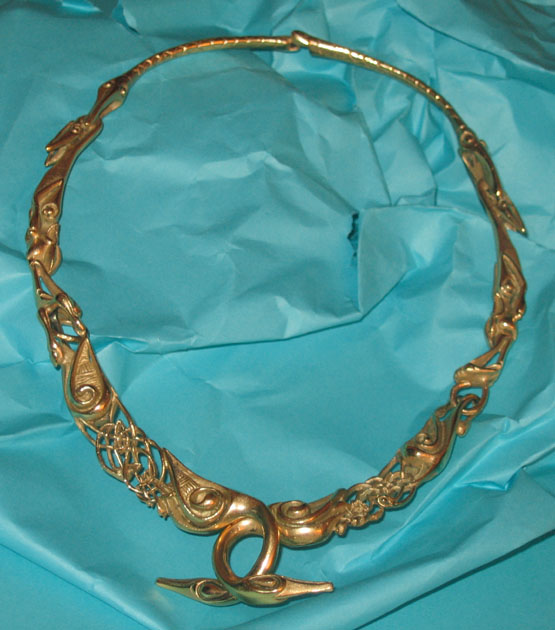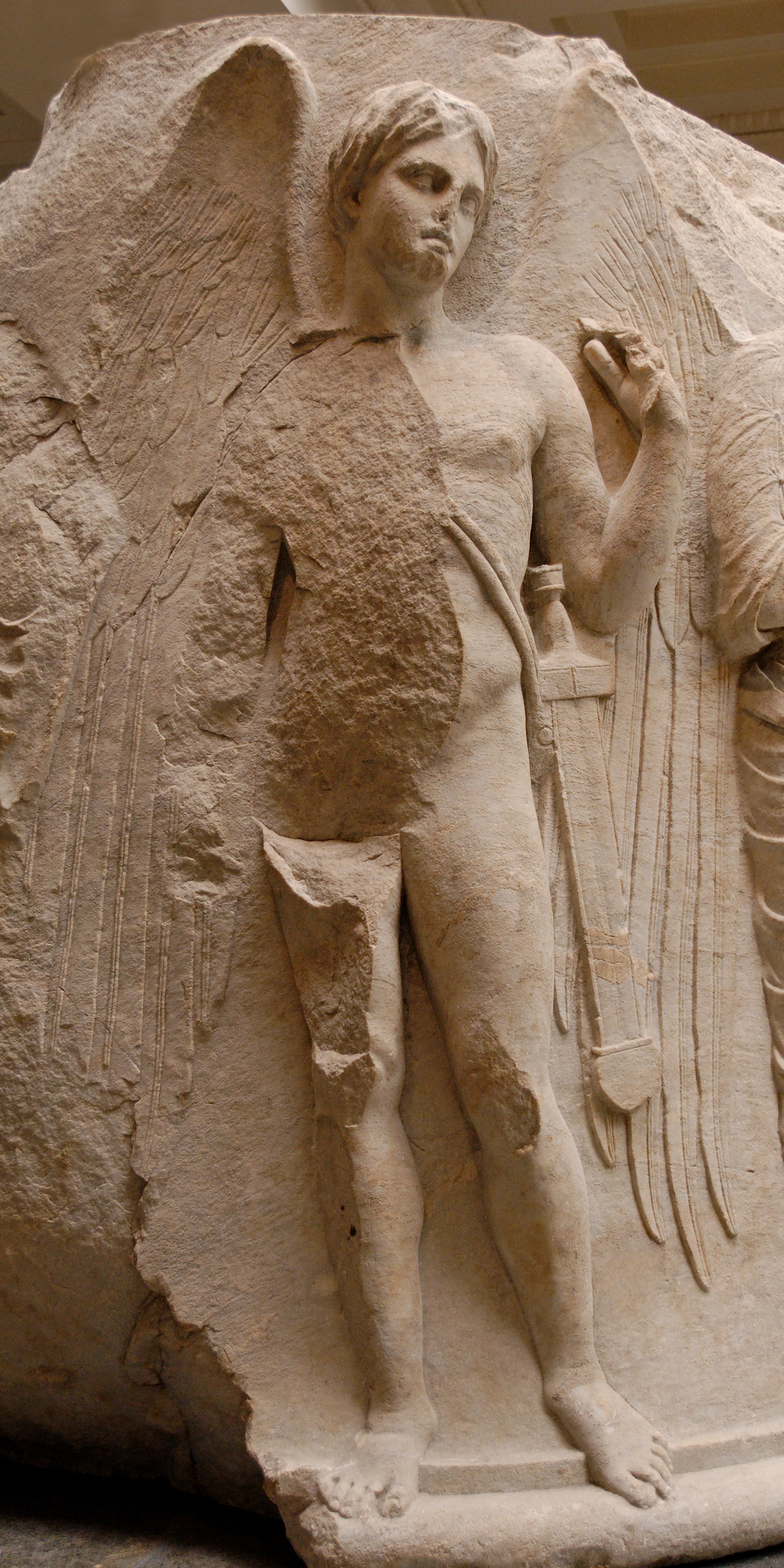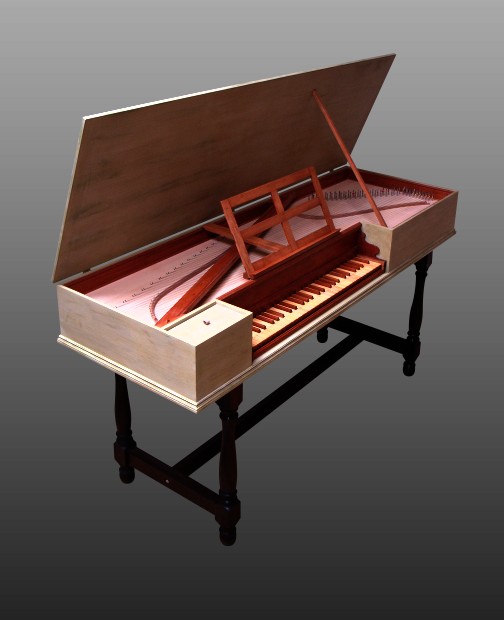 Catafalque
Catafalque: A
catafalque is a structure to display a coffin. This is a unique latinate word in the in that its etymology appears to be unshared with any other words. But, you might notice, the latinate prefix cata- is widely represented with cataracts, cathedral, cation, catalog, catheter, etc. I don't count this as the root
cata (Latin meaning down) is so non-specific that it only provides a hint to the meaning in cataracts (waterfalls). The interesting root is
fala meaning scaffold, wooden tower, or, even, seige engine. This root seems to be unique, though I'd be happy to be proven wrong here.
Dozens of wreaths were laid upon the catafalque, which was drawn by horses through the streets as a tribute to the brave man who had died to bring the dreaded Bonnot to justice.
A Book for Today: The Crimes of Paris by Dorothy HooblerThe casket bearing Anne's remains was moved to the catafalque beside the grave.






